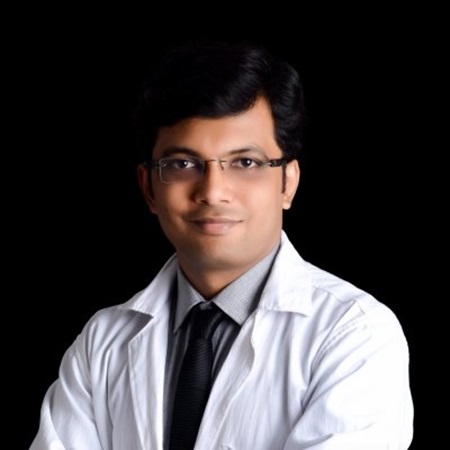- Home
- Surgical Tooth Extraction

Why are teeth removed?
While many teens and some adults get their wisdom teeth removed, there are other reasons why tooth extraction may be necessary in adulthood.
Excessive tooth decay, tooth infection, and crowding can all require a tooth extraction. Those who get braces may need one or two teeth removed to provide room for their other teeth as they shift into place. Additionally, those who are undergoing chemotherapy or are about to have an organ transplant may need compromised teeth removed in order to keep their mouth healthy.
Tooth extraction is performed by a dentist or oral surgeon and is a relatively quick outpatient procedure with either local, general, intravenous anesthesia, or a combination. Removing visible teeth is a simple extraction. Teeth that are broken, below the surface, or impacted require a more involved procedure.
How to prepare for a tooth extraction
Before scheduling the procedure, your dentist will take an X-ray of your tooth. Be sure to tell your dentist about any medications you take, as well as vitamins, supplements, and over-the-counter drugs.
Tell your dentist if you will soon be treated for another medical condition with an intravenous drug called a bisphosphonate. If so, the extraction should be done before the drug treatment, or your jaw could be at risk for osteonecrosis (bone death).
Also, tell your dentist about any of the following conditions:
- a congenital heart defect
- diabetes
- liver disease
- thyroid disease
- renal disease
- hypertension
- an artificial joint
- damaged heart valves
- adrenal disease
- an impaired immune system
- a history of bacterial endocarditis
Your dentist may want to make sure all conditions are stable or treated before you undergo the tooth extraction. You might be prescribed antibiotics in the days leading up to the procedure if:
- your surgery is expected to be long
- you have an infection or a weakened immune system
- you have a specific medical condition
It’s helpful to keep the following in mind for the day of the tooth extraction in order to ensure quality treatment:
- If you will be receiving intravenous (IV) anesthesia, wear a short-sleeved shirt or loose-fitted clothing, and don’t eat or drink for six to eight hours before your appointment.
- Don’t smoke beforehand.
- Tell your dentist if you have a cold, as you may need to reschedule.
- Tell your dentist if you had nausea or vomiting the night before, which may require different anesthesia or rescheduling.
- If you’re receiving general anesthesia, have someone with you to drive you home.

